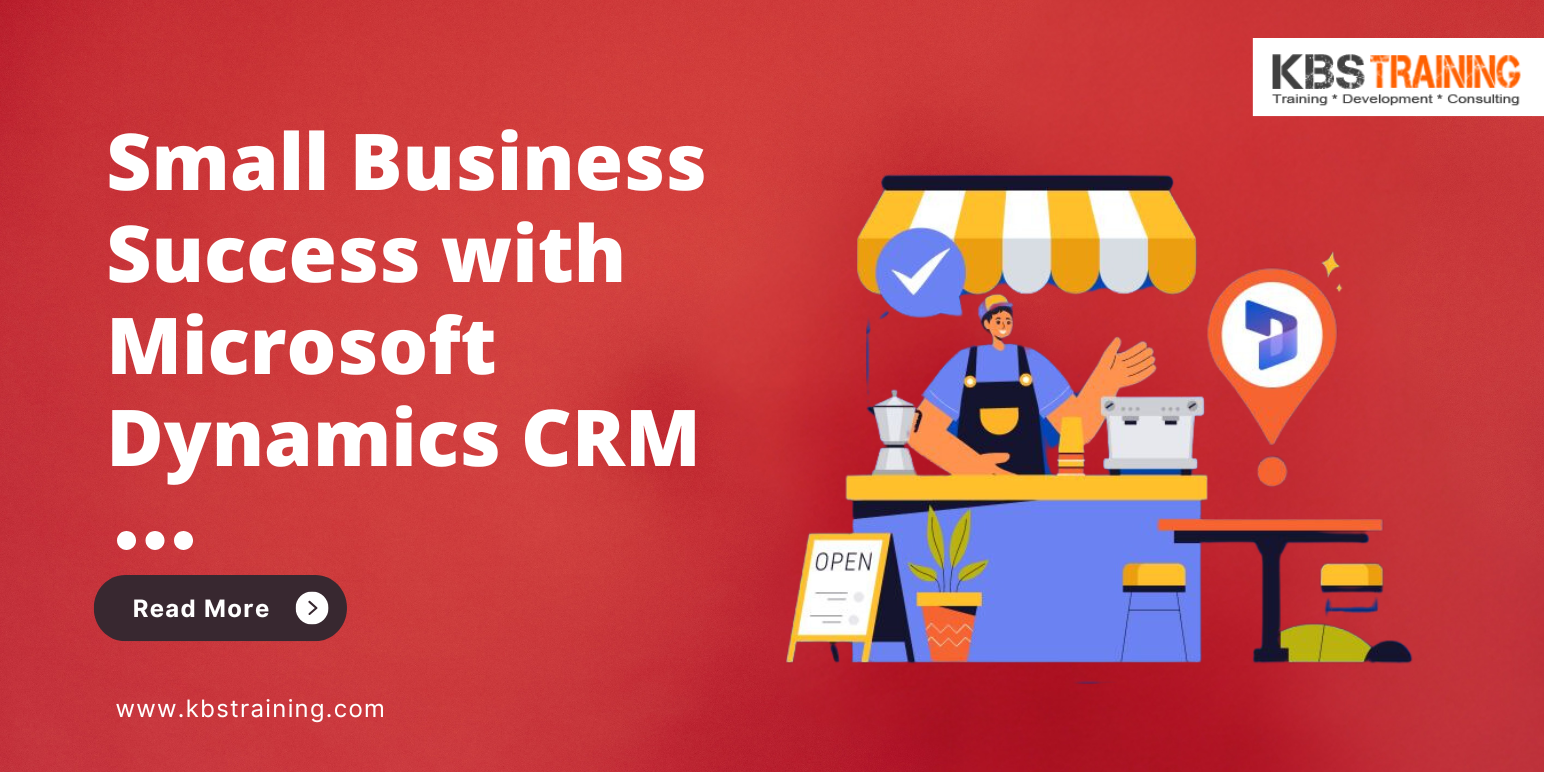The Challenges Before Dynamics CRM: A Small Business Struggles
Before adopting Dynamics CRM, the business faced numerous challenges:
- Disorganized Customer Data: Information was scattered across emails, spreadsheets, and handwritten notes, making it hard to manage effectively.
- Inconsistent Follow-Ups: Missed opportunities occurred frequently due to irregular customer follow-ups.
- Lack of Sales Insights: The team struggled to track leads and forecast sales accurately, which hindered decision-making.
- Manual Reporting: Generating reports was tedious and prone to errors, taking up valuable time.
These challenges not only slowed down operations but also limited the business’s ability to scale.
Why Dynamics CRM Became the Key to Small Business Success
After evaluating various options, the company chose Microsoft Dynamics CRM for its robust features, scalability, and ability to centralize operations.
1. Centralized Customer Data
Dynamics CRM allowed the business to consolidate all customer information into one platform. With real-time profiles, purchase histories, and communication logs, the sales team gained a comprehensive view of each customer.
2. Automated Workflows
The platform automated repetitive tasks such as lead follow-ups, appointment scheduling, and quote generation. This saved the sales team hours of manual work every week.
3. Insightful Dashboards and Reporting
Custom dashboards offered real-time insights into the sales pipeline, enabling accurate forecasting and quick decision-making.
4. Seamless Integration
Dynamics CRM’s integration with Microsoft 365 allowed the team to use familiar tools like Outlook, Excel, and Teams while accessing CRM data.
5. Mobile Accessibility
The mobile app ensured that sales reps could update records and access customer data on the go, increasing efficiency in the field.
Steps to Achieve Small Business Success with Dynamics CRM
1. Comprehensive Implementation
The company partnered with certified Dynamics CRM consultants to ensure smooth implementation and customization tailored to their needs.
2. Data Migration and Cleanup
Before migrating to Dynamics CRM, the team audited and cleaned their data, ensuring only accurate and relevant information was transferred.
3. Employee Training
Investing in training programs helped employees understand the platform’s features, ensuring high adoption rates and seamless integration into daily workflows.
4. Regular Optimization
The business monitored key performance indicators (KPIs) and optimized workflows to maximize efficiency and ROI.
The Impact of Dynamics CRM on Small Business Growth
The implementation of Microsoft Dynamics CRM delivered transformative results:
1. Streamlined Operations
Automated processes reduced lead response times by 50%, allowing the team to close deals faster.
2. Improved Customer Relationships
With access to detailed customer insights, the team personalized interactions, driving a 30% increase in customer retention.
3. Better Decision-Making
Real-time analytics simplified reporting, enabling the team to make data-driven decisions that boosted overall efficiency.
4. Revenue Growth
The optimized sales pipeline contributed to a 40% increase in revenue, with deals closing 25% faster than the previous year.
5. Enhanced Collaboration
Seamless integration with Microsoft 365 tools fostered better communication and collaboration across teams.
Key Lessons for Small Businesses Using Dynamics CRM
The success of this business highlights valuable lessons for others considering Dynamics CRM:
- Start with a Plan: Define your goals and map them to specific CRM functionalities.
- Invest in Training: A well-trained team maximizes the platform’s potential.
- Leverage Customization: Tailor the platform to your unique business processes for optimal results.
- Monitor and Optimize: Regularly review KPIs and adjust workflows to stay aligned with evolving business needs.
Conclusion: Achieving Small Business Success with Dynamics CRM
For this small business, adopting Microsoft Dynamics CRM was a turning point. The platform addressed long-standing operational challenges, streamlined workflows, and set the stage for sustainable growth.
Small business success with Dynamics CRM is achievable for any organization willing to embrace technology, invest in training, and optimize its processes. Whether you’re just starting or looking to scale, Dynamics CRM offers the tools you need to thrive.
FAQs About Dynamics CRM for Small Businesses
1. Is Dynamics CRM suitable for small businesses?
Yes, Dynamics CRM is scalable and customizable, making it an excellent fit for businesses of all sizes.
2. How long does it take to implement Dynamics CRM?
Implementation timelines vary, but most small businesses can expect 2–4 months for full deployment.
3. Can Dynamics CRM integrate with other tools?
Absolutely, it integrates seamlessly with Microsoft 365 and popular third-party tools.
4. What are the key benefits of using Dynamics CRM?
Improved customer relationships, streamlined sales processes, real-time analytics, and enhanced team collaboration.
5. How can small businesses ensure successful adoption of Dynamics CRM?
Invest in training, start with core features, and continuously optimize workflows based on team feedback.
Consult Us Form: Click Here
Contact Us : WhatsApp
Register now for a FREE consultation to take your career to the next level
For Mail: Click Here | For More Info : Click Here
Visit Us & Follow us on Social Media :
Want to Learn More?
- Explore Microsoft Dynamics CRM.
- Contact a certified Microsoft Dynamics partner for tailored solutions.
- Follow our blog for tips, success stories, and best practices in CRM adoption.
Have questions or insights? Drop them in the comments below—we’d love to hear from you! 😊

